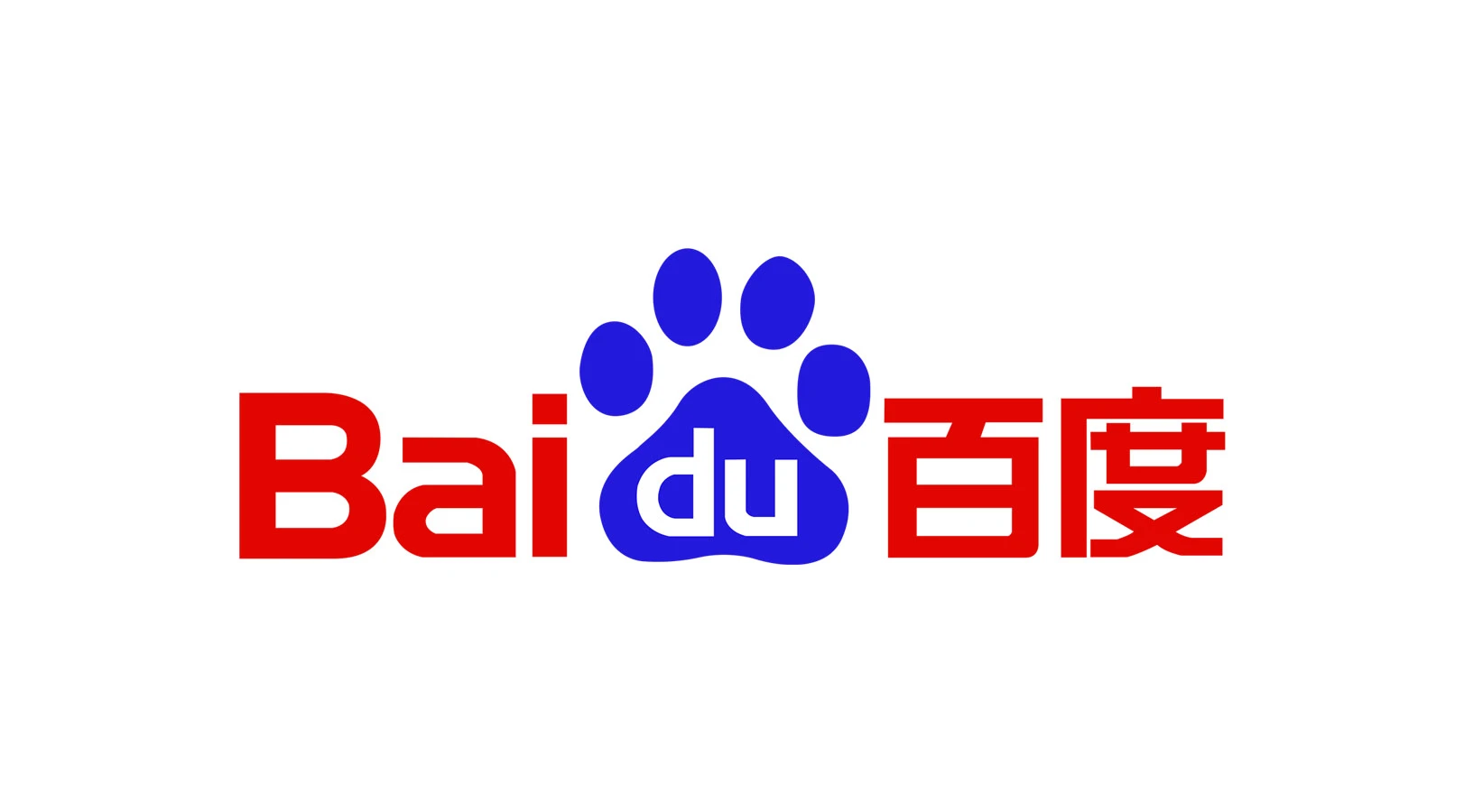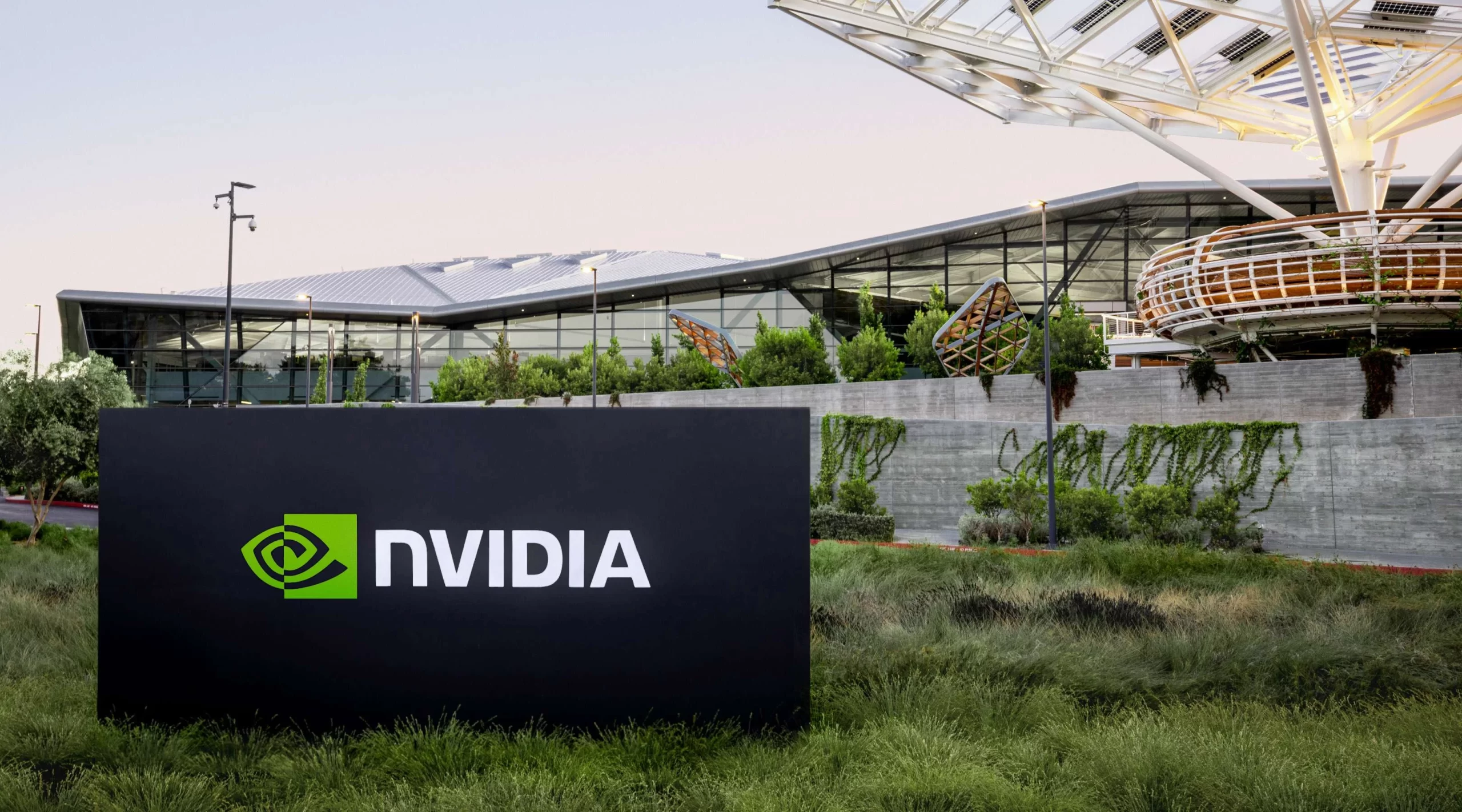In a dramatic escalation of the US-China tech war, the U.S. government has intensified export restrictions on Nvidia’s AI chips, particularly targeting sales to China. This move is projected to cost Nvidia $5.5 billion in lost revenue, according to internal financial forecasts.
This development marks one of the most severe actions against a U.S.-based tech giant amid mounting concerns about AI-powered military applications and strategic tech leadership.
What Chips Are Affected?
The ban primarily affects Nvidia’s H20 AI chips, part of the company’s Hopper series, which are critical to training and running large language models (LLMs) and other advanced AI applications.
These chips were tailored for the Chinese market as a workaround to earlier sanctions. However, the U.S. Department of Commerce has now closed that loophole, tightening restrictions to limit the export of advanced AI accelerators across all power levels.
What This Means for Nvidia
-
Nvidia has been a dominant player in the global AI hardware market, with over 80% of the AI training market share. The loss of access to China—a major buyer of AI infrastructure—is a significant blow to its bottom line and growth projections.
📉 Key Impacts:
-
$5.5B in projected revenue loss for FY 2025
-
Potential delays in new AI chip releases due to geopolitical hurdles
-
Increased supply chain complexity and regulatory compliance burden
-
Push toward diversifying client base across India, Southeast Asia, and Europe
Despite this, Nvidia remains confident in its long-term strategy, emphasizing strong demand in non-restricted regions and for edge AI, automotive AI, and enterprise inference chips.
-
US-China Tech War Intensifies
The restriction is part of a broader U.S. policy to curb China’s access to strategic AI technologies, fearing that they could be repurposed for military or surveillance use.
Other companies, such as AMD and Intel, are now also facing heightened scrutiny. Meanwhile, Chinese firms like Huawei and Baidu are racing to develop homegrown AI chip alternatives, such as the Ascend series, to reduce reliance on U.S. tech.
Nvidia’s Strategic Response
Nvidia has announced the following moves in response:
-
Rebalancing chip production toward India, the Middle East, and Europe
-
Prioritizing AI-as-a-service models through partnerships with Microsoft and Oracle
-
Accelerating work on export-compliant AI GPUs for non-Chinese markets
-
Lobbying for clarity in U.S. export policy to avoid future sales shocks
The Bigger Picture for AI Hardware
This ban could have ripple effects across the AI development ecosystem:
-
Delays in training new LLMs in China
-
Increased R&D investments in non-U.S. chipmakers
-
Potential reshuffling of AI leadership dynamics globally
-
Greater demand for AI chip alternatives like AMD’s MI300X or Google’s TPU v5
- All Posts
- AI Updates
- Apple
- Games
- Latest
- Movies
- Tech Stocks
- Upcoming Devices

Expedia Group accelerates its Middle East travel growth with a strategic launch in the UAE, forging powerful advertising partnerships and...

HP unveils its latest range of AI-powered PCs featuring deep Microsoft Copilot integration, designed to enhance productivity, creativity, and personalized...

Baidu debuts ERNIE 4.5 Turbo and ERNIE X1 Turbo, its most powerful AI models yet, aiming to lead China’s AI...

Microsoft launches the new AI-powered 'Recall' feature for Copilot+ PCs, offering users a searchable memory of their digital activity with...

Meta Description: Intel unveils its own AI chips to challenge Nvidia, shifting strategy from failed partnerships to in-house innovation aimed...

Stephen Fry’s AI-generated voice will feature in a new installation at Hay Festival 2025, exploring the future of AI and...





